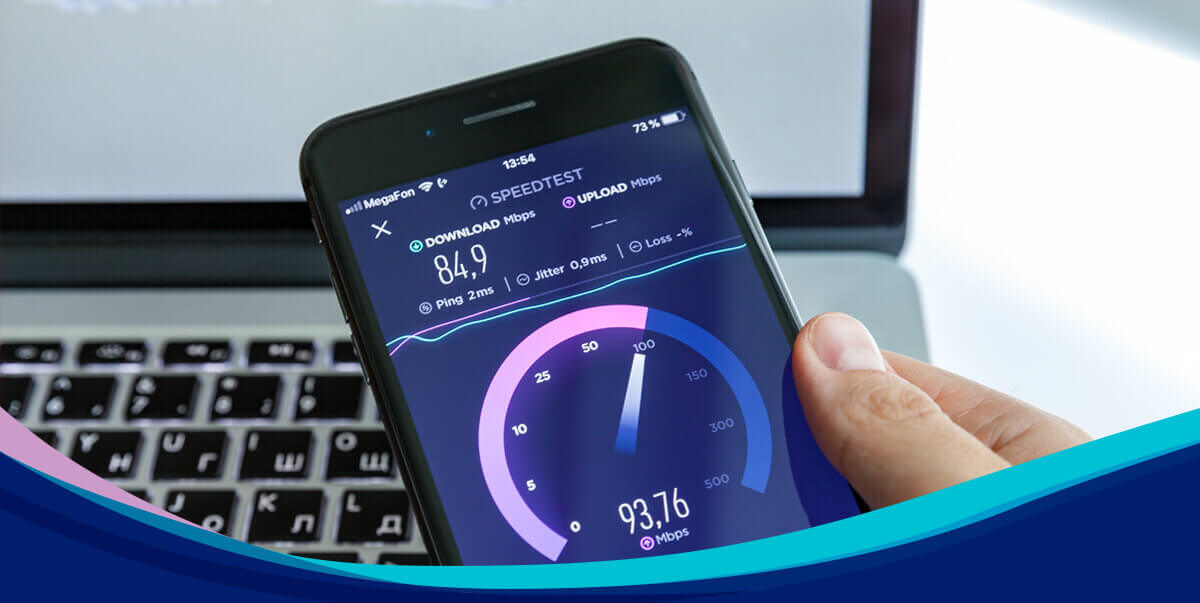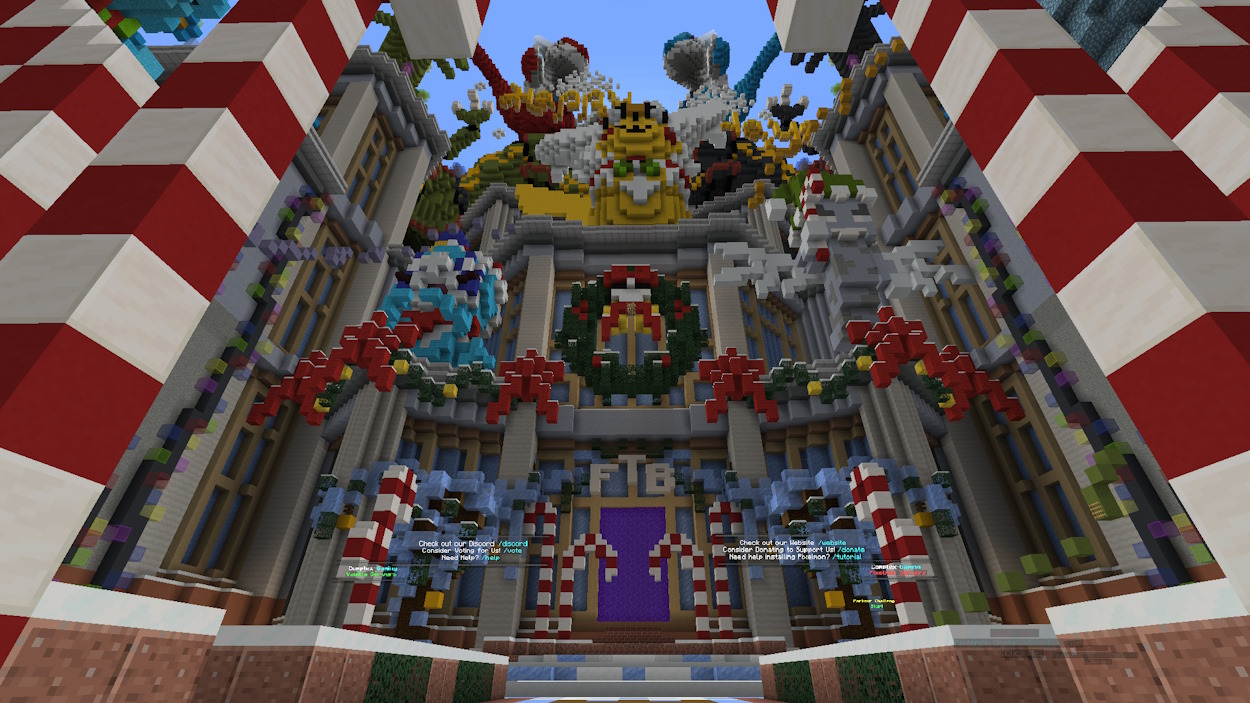
What is latency in gaming?
Latency in gaming is the time it takes for data to travel from your device to the game server. The faster data travels, the lower the latency – and the better the experience for your gamers. Conversely, the slower the data is transferred, the greater the latency – or “lag” as many gamers call it. A low latency game server will be able to transfer information extremely quickly.
Although latency and ping are often used interchangeably, there are subtle differences. Ping is the signal that is produced and sent out when a player inputs a command and the server responds to it. For first person shooter games such as Destiny 2 or Doom Eternal, bad ping is very noticeable. As mentioned above, it could be the difference between you making the hit and missing it because you’re a few milliseconds behind. Good game server ping should therefore be at the top of the list when considering latency in gaming.
Unsurprisingly, latency and ping in gaming are two of the most talked about topics in gaming circles. Type ‘latency’ or ‘ping’ plus the name of your favorite game into your search bar and you’ll be served multiple articles and YouTube videos on how to reduce latency in [insert game].
But to fully answer what is latency in gaming?, we also need to explore what causes high latency and how we measure it.
What causes high latency?
There are several factors that increase latency in gaming, including:
-
The hardware specification of your server – lower-spec or shared machines will always be slower at processing and rendering game data than a low latency game server.
-
The server’s location – the longer the distance between your server and the gamer, the longer it takes for information to travel between the two. There will typically be many intermediate “hops” as the packet crosses the internet, further adding to the journey time.
-
Your gaming server’s internet connection – a lower-grade internet connection will not be able to transfer information as quickly.
If you’re exploring what causes high latency in your game it’s most likely a combination of these factors. For our customers, we use the main channels of the top carriers alongside smart traffic routing to provide the lowest latency route that’s available.
How is latency in gaming measured?
Latency in gaming is calculated by measuring how long it takes for a packet of data to travel between the gamer’s PC and the gaming server. Gamers will often measure latency themselves; they send a game server ‘ping’ – a single packet of data directed at the gaming server – and note the time it takes for the server to acknowledge receipt of the ping.
Game server ping times are incredibly important to dedicated gamers – they will routinely abandon servers that are considered too slow to deliver a good gaming experience.
What is good latency in gaming?
A low latency game server will have a ping time as close to 0ms (milliseconds) as possible. It’s physically impossible to achieve zero latency for gamers, but you will need to do everything you can to minimize it, by reducing game server ping, or risk losing players.
If you ask a pro-gamer “What is good latency in gaming?”, they’ll tell you a game server ping of 20ms is considered exceptionally good. In most cases, 21ms to 100ms is acceptable. Anything between 101ms and 150ms is workable, but serious gamers are likely to be dissatisfied with this sort of latency.
Given this, low ping needs to be an absolute priority when choosing a server host. But don’t forget to consider what causes high latency as a whole, as there may be factors unrelated to your low latency gaming server causing latency for gamers.
How can I reduce latency in gaming?
Here are some practical considerations:
-
Physical distance has the biggest impact on latency. Which means that to reduce it you need to move things (in this case players and data centers) closer together. If you want the best experience for your players therefore, make sure to check where your gamers are based. From there you can select a host that has data centers in the same geographical region to reduce distances traveled and intermediate network “hops”.
-
Choose a dedicated server – having a machine dedicated to your game ensures that hardware resources are not shared with other users as this would impact performance and increase latency in gaming.
These are the key considerations required to help reduce latency for gamers from the server side. There are also actions that players themselves can carry out to improve the performance of their local network too, such as:
-
Ensuring their computer meets minimum hardware specifications and that they have a suitably quick broadband connection.
-
Choosing wired connections instead of WiFi wherever possible.
-
If they do have to use WiFi, to ensure that their computer is as close to their broadband router as possible (remember – physical distances increase ping!).
-
Close other applications running in the background to ensure the computer is not taking resources away from the game.
-
Adjusting their router setting to prioritize gaming traffic
Working together, you and your players can keep latency and ping to a minimum to improve performance and the overall experience of the player.
To learn more about choosing the right server for your game and how we can reduce latency for gamers with a low latency game server, please get in touch.
https://www.servers.com/news/blog/why-latency-and-ping-in-gaming-are-crucial-to-player-experience






